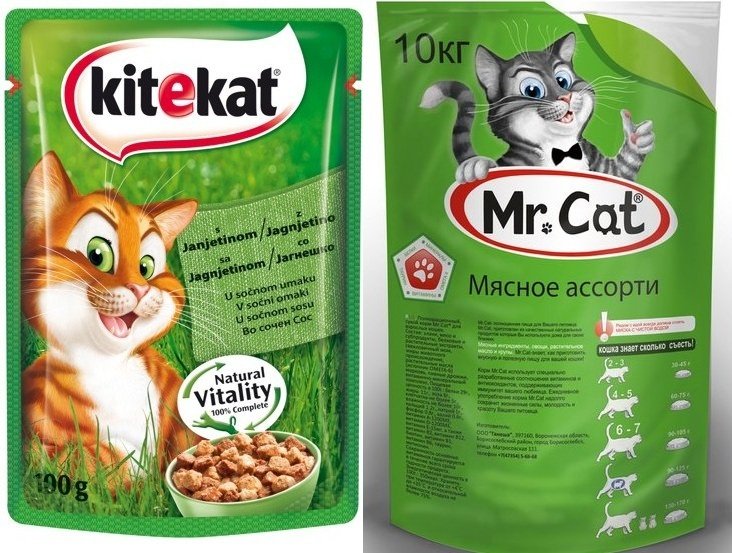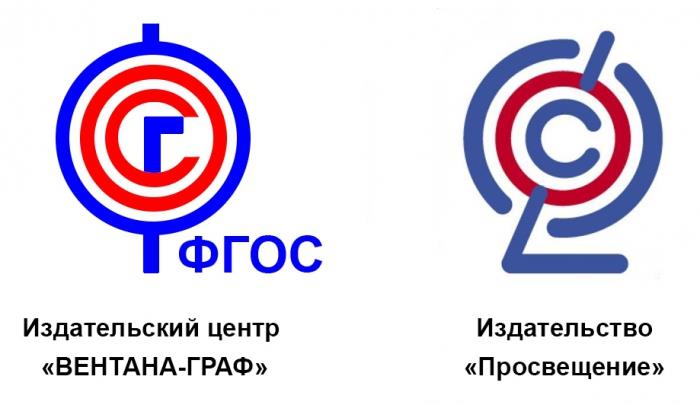One famous Russian writer once has said: the rigor of the Russian law is diminished by their disregard. It should be added at the end “at all levels”. In 2017 in Russia it has been adopted a law on online video services. It is very rigorous. For example, if Netflix would like to operate in Russia it has to receive governmental approval. But the situation is not simple for Russian legal system and very lucky for Netflix, YouTube and similar services.
Comments closed

